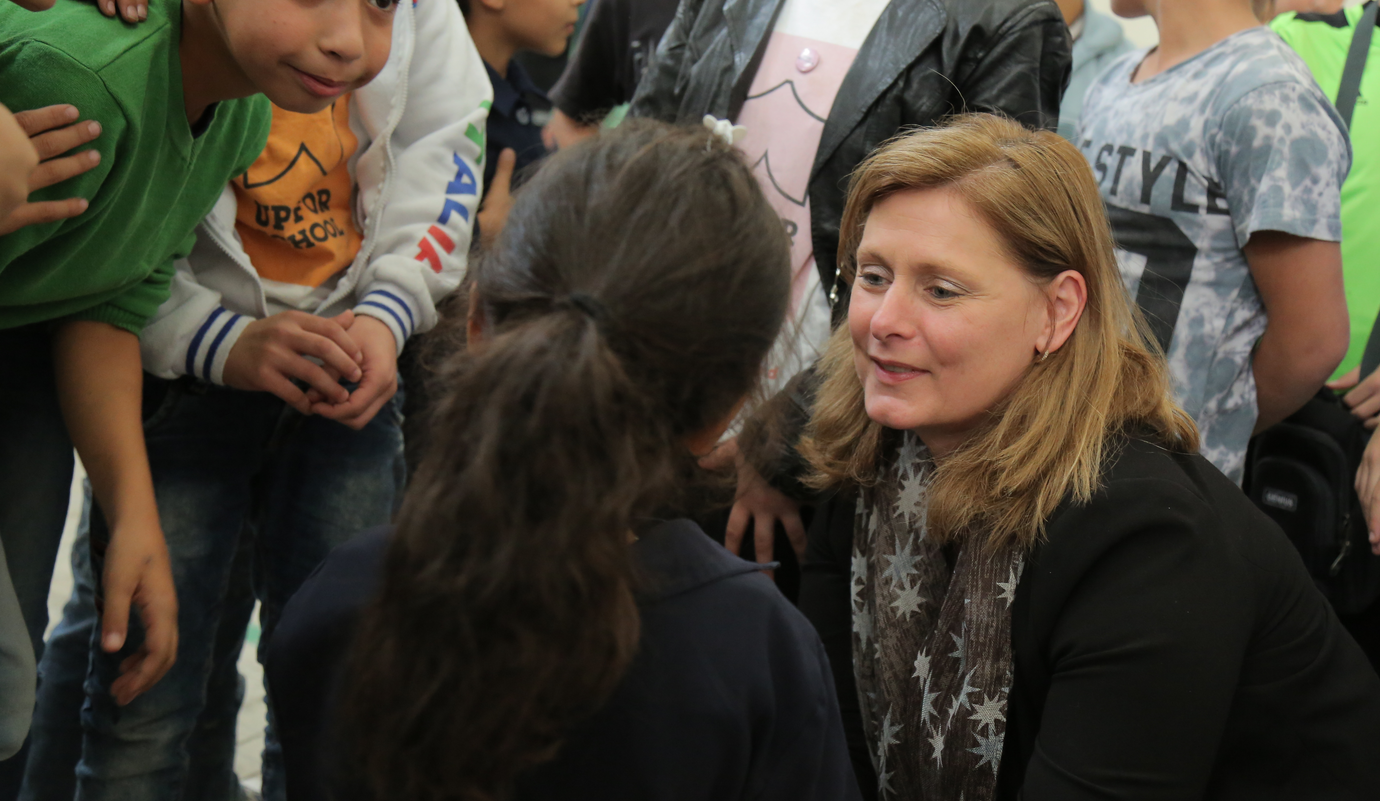
Youth advocates dismayed by drop in international aid for education
Education funding
Youth advocates have been shocked and saddened by the news yesterday that international aid for education has fallen dramatically.
UNECO’s revelation that funding fell by 10% between 2010 and 2012 comes two weeks ahead of the Global Partnership for Education’s bid to raise $3.5billion to help 29million children go to school in the poorest countries.
The decline in aid worries Philip Obaji Jr., an A World at School Global Youth Ambassador from Nigeria.
He said: “It’s sad and unfortunate that, at a time when we need to be accelerating progress for education, funding is being cut.”
But Philip added: “Our lives and futures are in the balance and this just energises us to accelerate our countdown campaign and organise more young people to reverse this trend.”
Chernor Bah is youth representative on the high-level steering committee for the United Nations Global Education First Initiative and chair of its Youth Advocacy Group.
He reacted with shock to the aid figures, with only 18 months left to fulfil the Millennium Development Goal for all children to be in school and learning.
Chernor said: “When young people gathered at the United Nations for the first Youth Takeover on Malala Day, we adopted and passed a historic youth resolution.
Chernor Bah with Global Youth Ambassadors at Countdown Summit
“It called attention to the global education emergency and invited world leaders to accelerate action to address the huge gap that remained – 57million children out of school and more than 250million not able to read and write.
“Unfortunately, one year on, the news that education funding has been actually decreasing is shocking. In every survey and opinion poll conducted with youth leaders around the world, we rank education top or near the top of our priorities.
“It is the best investment in our future – and for a peaceful and developed society. We ask our leaders are government to immediately reverse this trend and invest in our future by making education the priority it deserves.”
Chernor said governments should be accelerating progress and increasing funding to education to secure the gains that had been made and to help the millions more not already helped.
He added: “World leaders have a chance to do that at the GPE pledging conference on June 26. It’s an opportunity to show commitment to education – and in our future and our stated priorities as young people.
“We should not only meet the GPE funding target but surpass it – because what we have now is a crisis that requires an urgent response.”
The drop in aid will affect children in countries around the world. Children like Celina Anupe, a 10-year-old pupil at Lolupe Mobile Primary School in Turkana, Kenya.
She walks for two and a half hours to get to school – but it doesn’t have any classrooms. Classes are held outside under a tree with the pupils sitting on the ground.
Celina said: “I start walking at 5:30 and I reach school at 8am.
“I love the school because I’m learning new things and at school we get given some food. My favourite subjects are English, CRE, the alphabet and Swahili. When I grow up I want to be a nurse and help people.
“We don’t have enough food and there’s no water at this school. We sit outside on the stones and in the hot sun.”
More news

